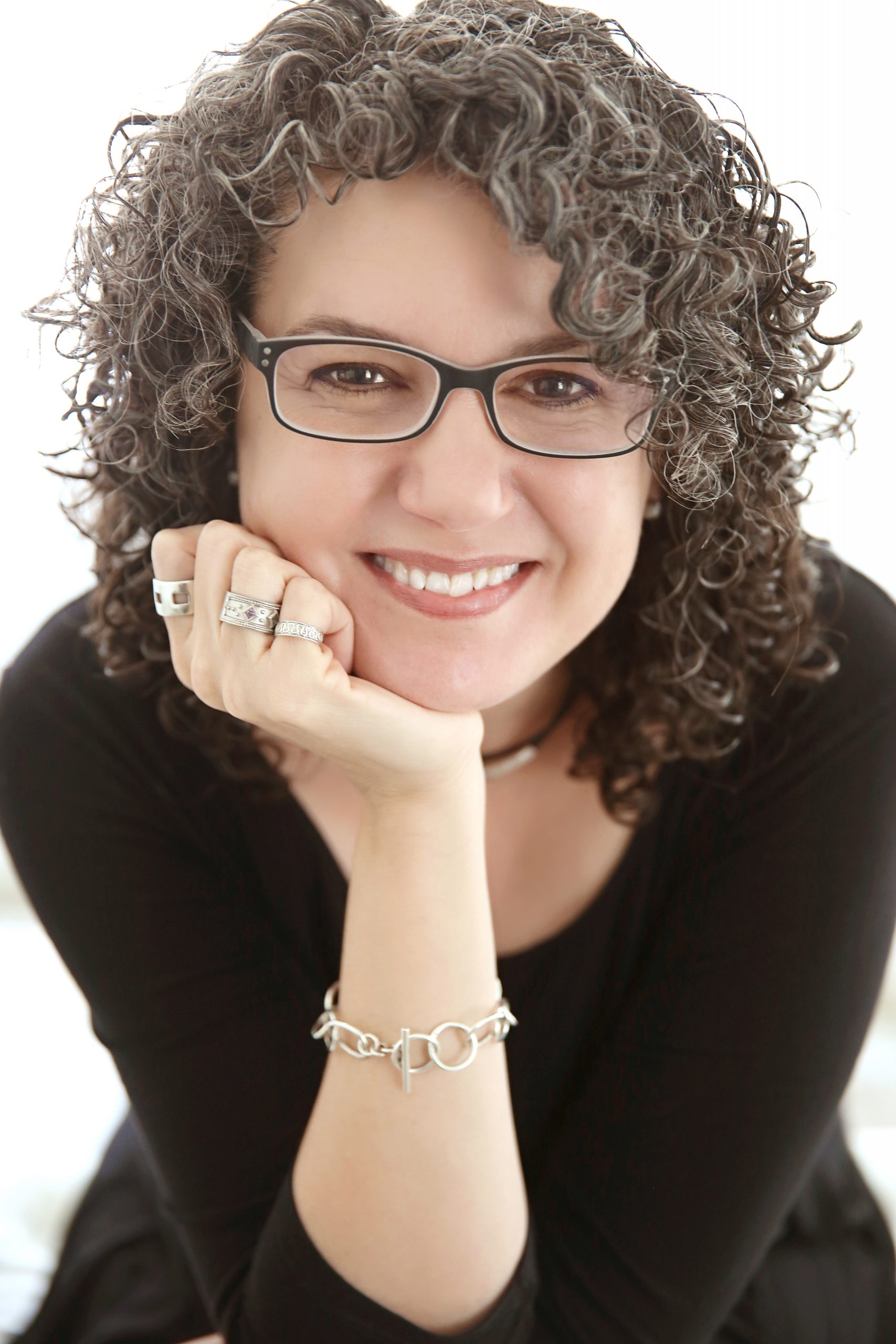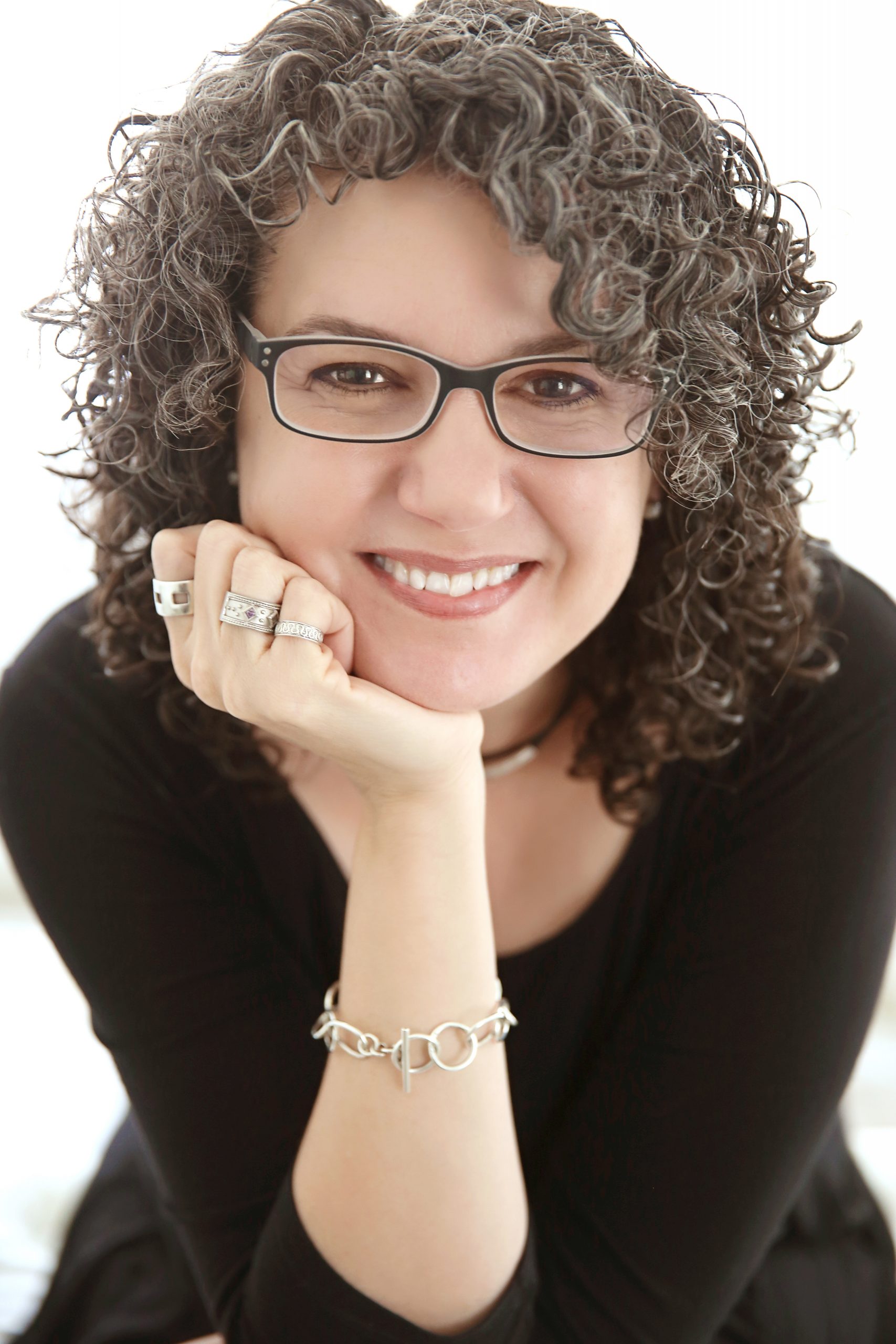What if we were to understand divinity as the source from which we borrow all that we have — our loved ones, our bodies, our material possessions, our memories?
I recently completed a day-long course on grief and loss as part of the annual continuing education requirement for my license in psychology. Psychologists are always trying to better understand grief and loss. We study models of grief as stages and cycles in order to help our clients navigate their pain. This is important work.
But how might we approach grief work Jewishly? How might we harness the wisdom of our tradition as a means of helping ourselves and those we serve to find peace, even in moments of deepest pain?
There is a midrashic story about loss and grief that has always spoken to me. In it, Beruriah — a second-century scholar who is mentioned several times in the Talmud — is at home with her two sons on Shabbat while her husband, Rabbi Meir, spends the day at the Beit Midrash. While he is away, their two sons succumb to the plague that is spreading through their city. Beruriah covers their bodies with a sheet in the bedroom and waits for her husband to come home. When he does, after making Havdalah, he asks Beruriah, “Where are our sons?” Beruriah answers him by asking the following question: “Someone once lent me something precious for safe-keeping and has now asked for it back. Must I return it?” Rabbi Meir responds, “Of course! The property must be returned to its owner, as it was only on loan to you.” At that, she leads Rabbi Meir into the bedroom, where he sees his dead sons. She says to him, “The Lord has given, and the Lord has taken; may the name of the Lord be blessed.” (Job 1:21) (Midrash Mishlei to Proverbs 31:10)
What can this text offer us as modern Jews navigating plague and loss in our own time? For me, the story of Beruriah, Rabbi Meir and their sons offers a brilliant metaphor for God: God as lender. What if we were to understand divinity as the source from which we borrow all that we have — our loved ones, our bodies, our material possessions, our memories? And what if we were to acknowledge that all we have is borrowed — not only when we are asked to return those things, but every single day? How might this make us more grateful? How might it bring us moments of peace in times of grief?
We are living through a time of great loss. May the source of all that is borrowed allow us to hold onto what is precious, and may we live with gratitude.

Jodi Rosenfeld is an incoming rabbinical student at the Reconstructionist Rabbinical College. She is a clinical psychologist with a small private practice in Phoenixville, Pa. Jodi holds a degree in English and Women’s Studies from Tufts University and a doctorate from the Massachusetts School of Professional Psychology (now William James College). Her debut novel, Closer to Fine, will be published in May of 2021 by She Writes Press.







